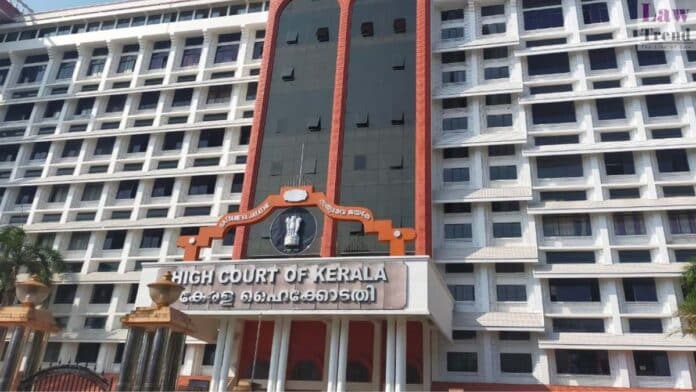In a notable verdict, the Kerala High Court has ruled that the establishment of a religious site cannot be obstructed solely on the basis of opposition from another community, reinforcing the constitutional right to religious freedom. The decision came from Justice Mohammed Nias CP, who emphasized the importance of upholding secular principles in India’s democracy.
The case involved a dispute over a property owned by KT Mujeeb, which has been used as a prayer hall since 2004. The conflict began when Mujeeb received a permit in 2014 to replace the roof, but local residents objected, claiming the property was being converted into a mosque. This led to a notice from the panchayat alleging unauthorized construction and an order from the Revenue Divisional Officer (RDO) to close the prayer hall due to concerns about communal harmony.
Mujeeb appealed to the court, which initially granted an interim order allowing limited use of the property for religious purposes under specific conditions. However, his subsequent application for a No Objection Certificate (NOC) from the District Collector to continue using the property for religious activities was denied, prompting further legal action.
In its judgment, the court criticized local authorities for their failure to appropriately differentiate between “public order” and “law and order,” and for basing their decisions on unfounded fears of communal disharmony. The court declared, “Merely because one community opposes the setting up of a religious place by another community, it cannot be assumed that there will be disharmony or breach of peace.”
Furthermore, the court noted that objections from a small number of individuals from different faiths do not constitute a valid reason to restrict the religious rights guaranteed under Articles 25 and 26 of the Constitution of India. It also stated that the presence of other mosques in the vicinity was not a valid ground to deny Mujeeb’s application.
The ruling underscored the distinction between public order, which relates to collective societal harmony, and law and order, which pertains to individual conflicts. “Conflicts between different faiths can threaten public order and undermine the secular fabric of our nation. It is essential for the State to strike a careful balance between protecting religious freedom and upholding the principles of secularism when formulating guidelines in such cases,” the court remarked.
By quashing the previous orders against Mujeeb, the Kerala High Court directed the District Collector to re-evaluate his application, setting a precedent for the protection of religious practice against undue interference.




